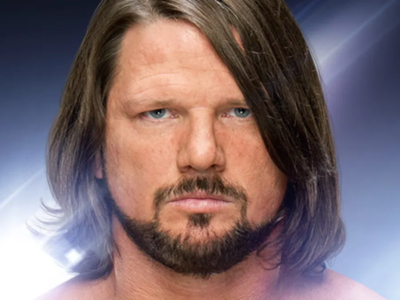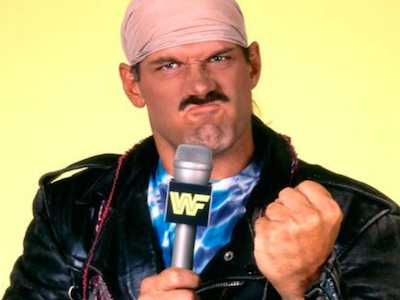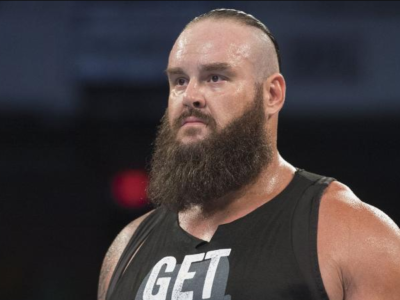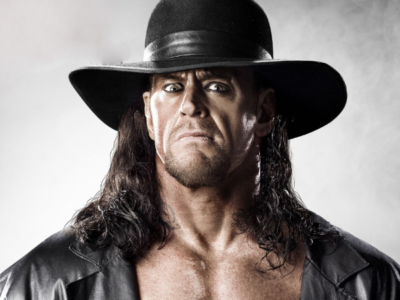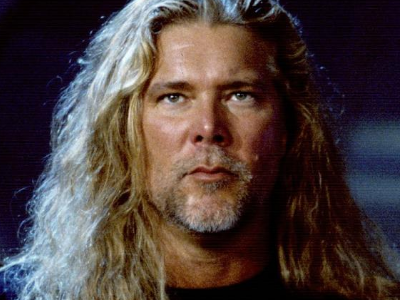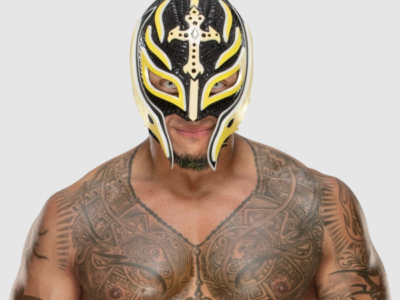Why Jerry “The King” Lawler Deserves Recognition as One of the Greatest Wrestlers of All Time
When it comes to professional wrestling, the term “greatest of all time” is often debated, with names like Ric Flair, Hulk Hogan, or The Undertaker frequently dominating the conversation. However, any discussion about wrestling greatness would be incomplete without mentioning Jerry “The King” Lawler. While some newer fans might recognize him primarily as a commentator, Lawler’s storied in-ring career cements his status as one of wrestling’s true legends. Here’s why Jerry “The King” Lawler deserves a spot among the all-time greats.
Unmatched Longevity
Jerry Lawler’s career has spanned over five decades—a feat that few in the wrestling industry can match. Debuting in the early 1970s, Lawler quickly rose to prominence in the Memphis wrestling scene, where he became a larger-than-life figure. While many wrestlers burn out or fade away after a few years of success, Lawler has consistently remained active, even wrestling well into his seventies. His ability to adapt and stay relevant in an ever-evolving industry is a testament to his enduring talent and passion for the sport.
King of Memphis Wrestling
In Memphis, Jerry Lawler wasn’t just a wrestler; he was the wrestler. The Mid-South Coliseum became his kingdom, and every Monday night, fans would pack the venue to see “The King” in action. Lawler headlined more than 300 shows at the Coliseum, drawing crowds with his magnetic charisma and fiery promos. He became synonymous with Memphis wrestling, elevating the territory to one of the hottest in the country during the territorial days of professional wrestling.
Lawler’s feuds in Memphis are the stuff of legend. His battles with Jackie Fargo, Austin Idol, and Jimmy Valiant are etched in the memories of fans who grew up in the territory. Most famously, his feud with “Superstar” Bill Dundee captivated audiences for years, culminating in high-stakes matches that set attendance records.
The Feud with Andy Kaufman
One of the most defining moments of Lawler’s career—and arguably one of the most iconic moments in wrestling history—was his feud with comedian Andy Kaufman. Kaufman, a Hollywood celebrity, challenged the norms of wrestling by portraying himself as the “Inter-Gender Wrestling Champion,” defeating women in the ring and mocking the sport. Lawler, acting as wrestling’s defender, took up the challenge.
Their 1982 confrontation, including Lawler’s infamous piledriver on Kaufman and their heated exchange on The Late Show with David Letterman, blurred the lines between wrestling and reality. This groundbreaking feud not only brought mainstream attention to professional wrestling but also demonstrated Lawler’s ability to think outside the box and create compelling, crossover entertainment.
Championship Legacy
While Jerry Lawler never held a world championship in WWE, his championship record is staggering. He’s credited with holding more than 150 titles throughout his career, including an unprecedented 58 reigns as the AWA Southern Heavyweight Champion. These accolades reflect his dominance, particularly in the territorial days when championships were a measure of a wrestler’s ability to draw crowds and carry a promotion.
Lawler’s lack of a WWE world title should not be seen as a detriment to his legacy. In fact, it speaks to his commitment to Memphis wrestling, where he prioritized building his home territory over chasing fame in larger promotions. His loyalty to the region solidified his status as a regional hero and a pioneer in professional wrestling.
In-Ring Storytelling and Charisma
What made Jerry Lawler a great wrestler wasn’t just his moves but his mastery of storytelling. He understood how to engage a crowd, building anticipation and emotion throughout a match. Whether he was playing the underdog, fighting from beneath with his signature punches, or resorting to his infamous sneaky tactics, Lawler knew how to captivate an audience.
Lawler’s charisma was equally unmatched. With his crown and regal persona, he fully embodied “The King” gimmick, making it one of the most enduring characters in wrestling history. His quick wit and sharp tongue added layers to his promos, making him a must-see attraction both in the ring and on the mic.
Transition to WWE and Commentary
In the early 1990s, Lawler joined WWE, where he showcased his versatility by transitioning into a color commentator. As the voice of WWE alongside Jim Ross, Lawler added an extra layer of excitement to matches with his humorous one-liners and villainous persona. His commentary during the Attitude Era—arguably WWE’s most popular period—helped define the era’s edgy tone.
Despite his commentary success, Lawler didn’t abandon his in-ring career. He continued to wrestle sporadically, taking on younger stars and proving he still had what it took to compete. His match against The Miz at Elimination Chamber 2011 showed that even in his sixties, Lawler could deliver a main-event-worthy performance.
A True Legend of the Sport
Jerry Lawler’s contributions to wrestling extend far beyond championships and matches. He helped bridge the gap between the territorial days and the modern wrestling era, leaving an indelible mark on the industry. His charisma, storytelling, and ability to connect with audiences have inspired countless wrestlers who followed in his footsteps.
For fans like me, Jerry “The King” Lawler is more than just a wrestler; he’s a symbol of wrestling’s golden age. His career is a testament to hard work, creativity, and a deep love for the sport. While he may not always get the recognition he deserves on mainstream lists of the greatest wrestlers, his legacy speaks for itself. Lawler isn’t just “The King of Memphis” he is THE the king of professional wrestling.


